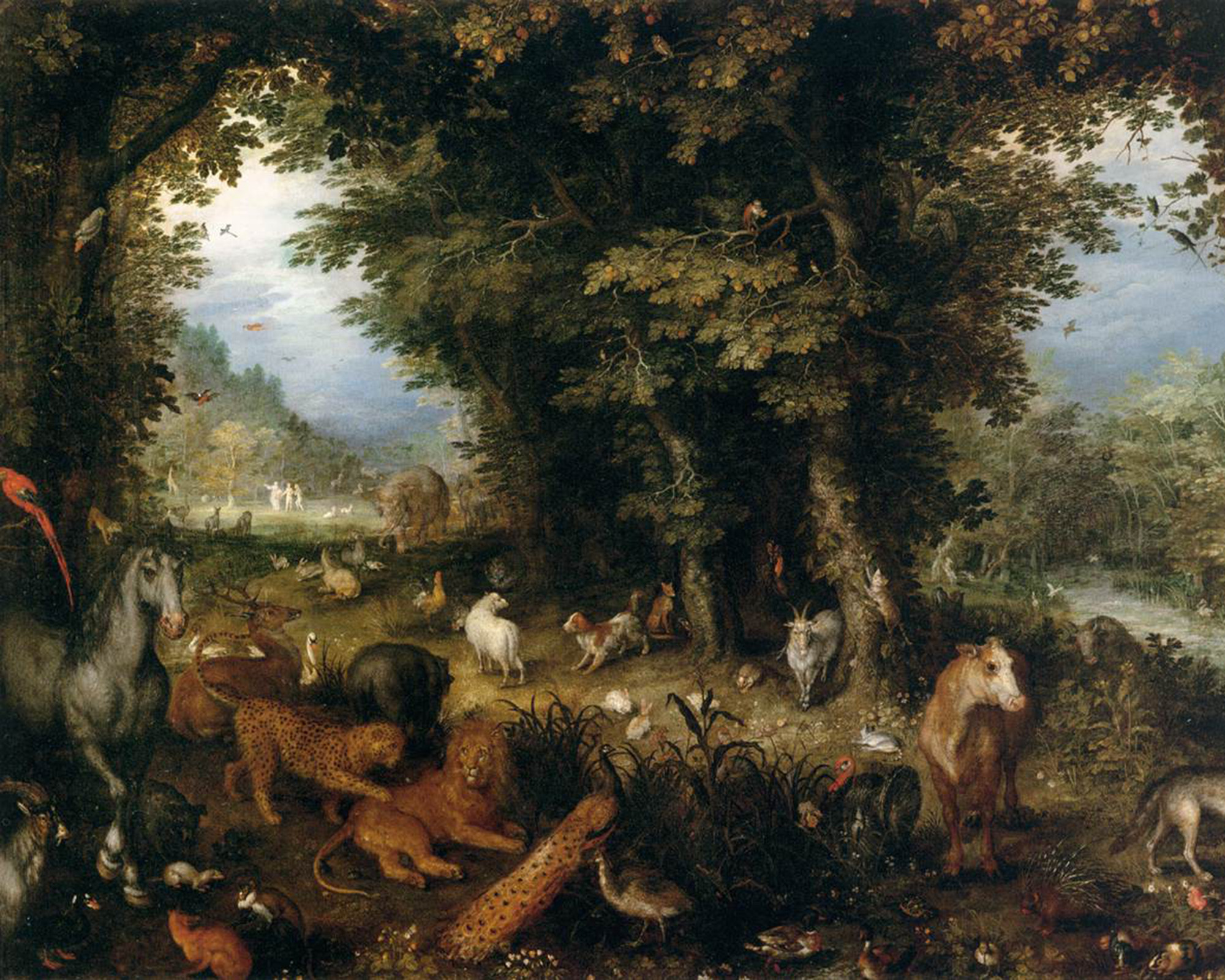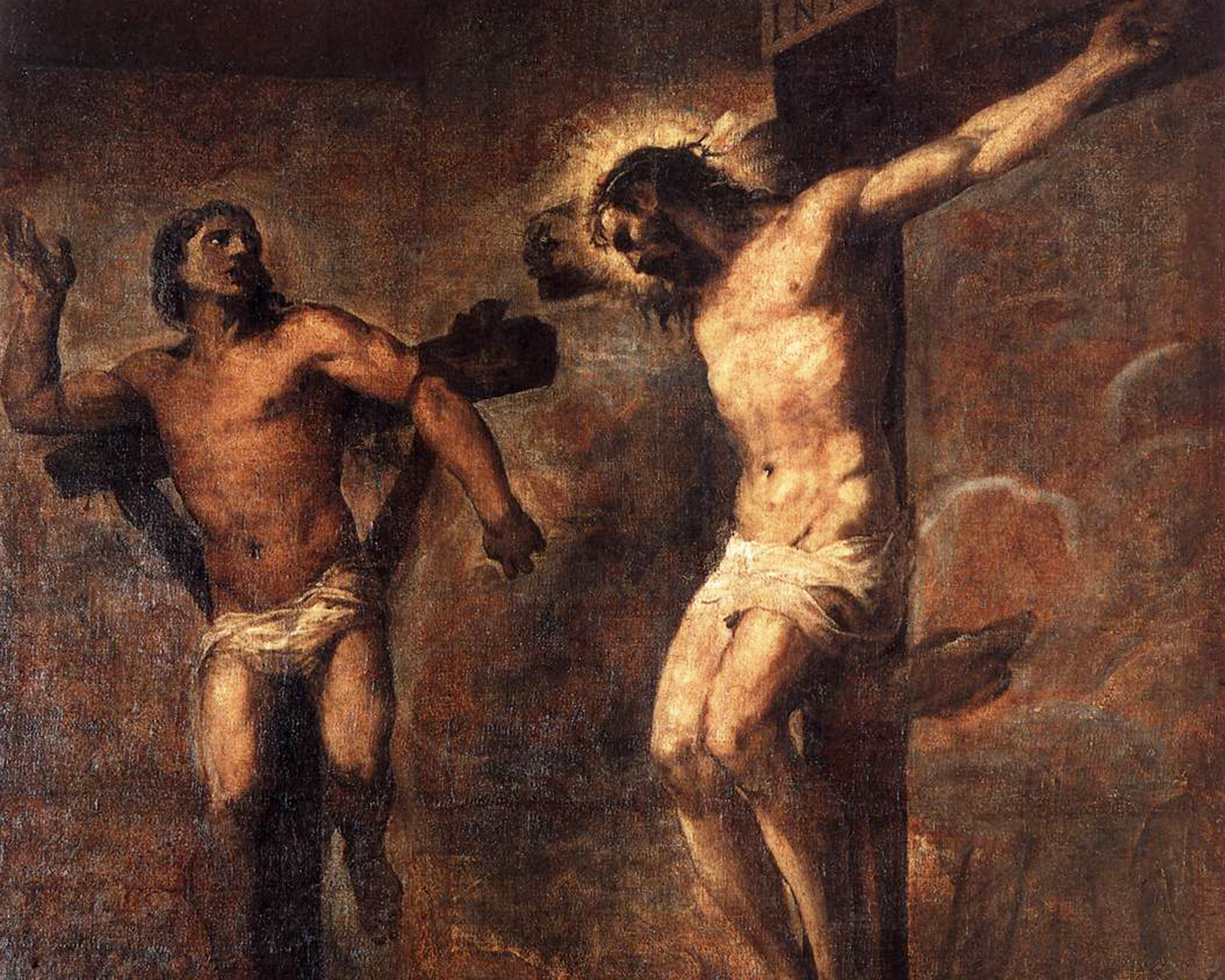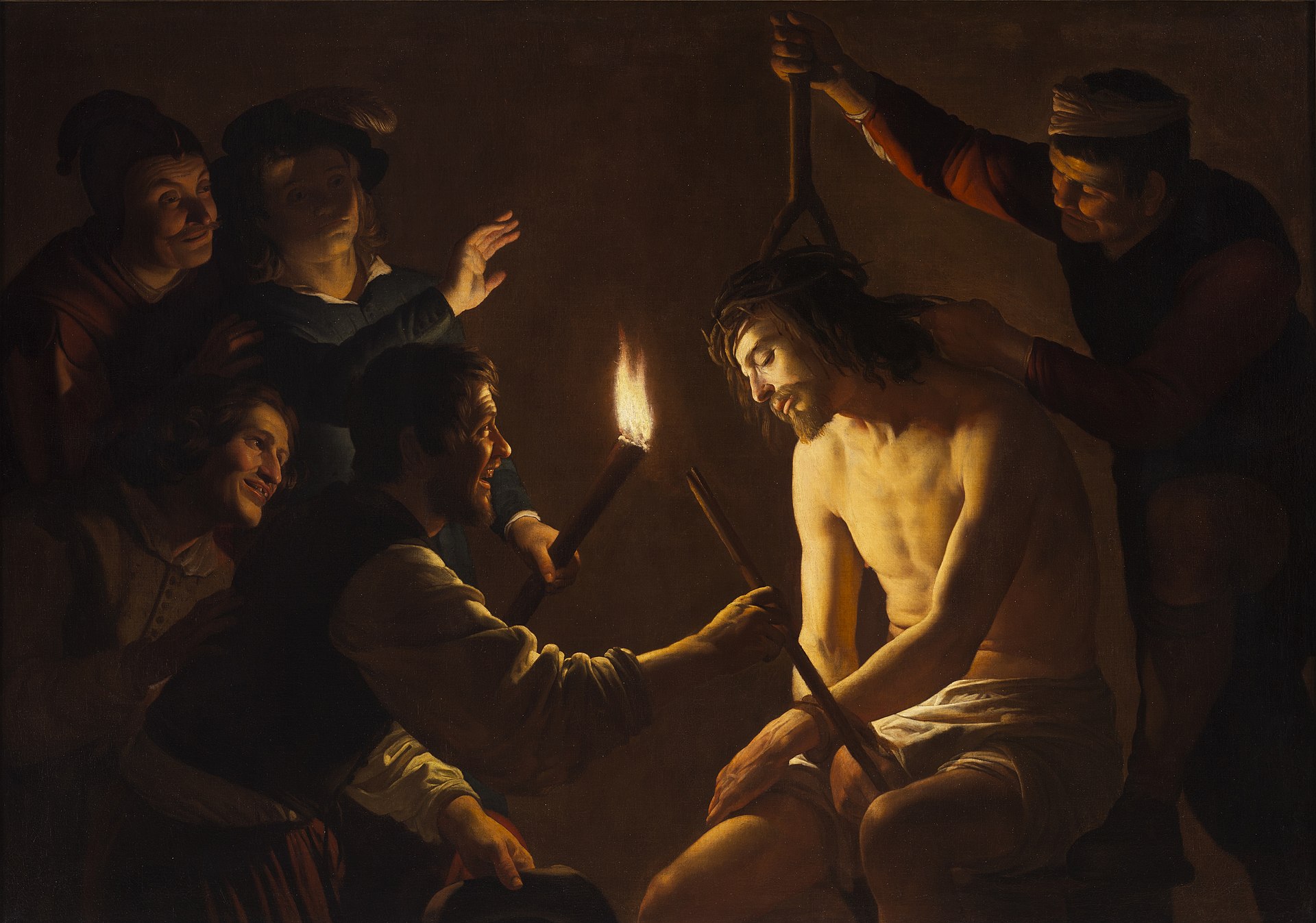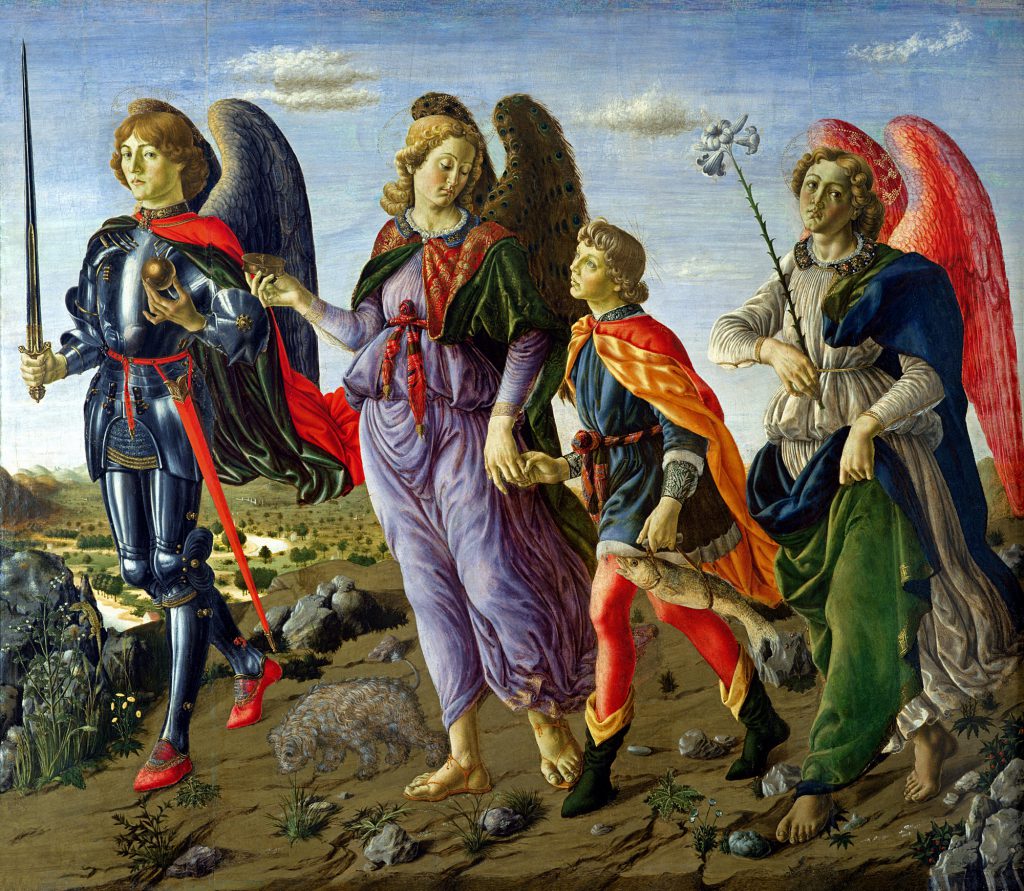The comforting dogma of our faith of prayer for the holy souls in purgatory remains at the same time awe-inspiring and a deep consolation to all of us who strive to live in the mystery of the Lord Jesus Christ. We should renew our faith in keeping with the spirit of the liturgical texts to give more careful thought and prayer to our deceased relatives, friends, and benefactors.
Often, we can relive those dark, desolate days when they left us in the pain of grief. Bolstered by our faith, our calling as Catholic Christians, renewed in the hope of the resurrection is never to languish in fruitless and unavailing grief, nor sorrow as those who do not have the supernatural virtue of hope.
It is a definite tenet of our Catholic faith, defined by the Council of Trent, that there is a purgatory in which the souls of the just who have not yet fully expiated their sins are cleansed by expiatory punishment, and that they can be aided by our prayers and sacrifices. We cannot dissociate this dogma from the heartening dogma of the Communion of Saints, through which the members of the three branches of the true Church are united in God by mutual aid and the bond of charity.
The Fathers of the Church remind us, providing ample testimony, to the belief in the efficacy of our prayers for the deceased, rooted in the classic text of the Second Book of Maccabees, read in the anniversary Mass of the Dead. Judas Maccabeus “sent 12,000 drachmas to Jerusalem for sacrifice to be offered for the sins of the dead, thinking well and religiously concerning the resurrection. For if he had not hoped that they that were slain should rise again, it would have been superfluous and vain to pray for the dead.”
In the New Testament, Our Lord in St. Matthew’s Gospel speaks of sins being forgiven in this world or in the world to come. St. Cyril of Jerusalem tells us that “we pray for the deceased holy fathers, believing that great help is brought to those souls for whom prayers are offered.” The souls in purgatory remain there until their have liquidated their debt to the Just and Merciful God.
Forgiveness of sins does not remove the obligation of satisfaction to the justice of God. Yet these should be forever excluded from the direct vision of God in heaven. God is not only just, but above all, merciful. Those souls of the just, not yet ready to become saints, will be aided by the purification available in the life to come.
How comforting for us who still are engaged in the warfare of life to know that our beloved departed can be helped by our prayers and sacrifices! Our deep sadness at their parting is greatly assuaged by the thought that we can help them. The bonds of love that we share in this life, when they are sanctified by baptism and the life of grace, do not pass away with death.
True love knows no death. It is never corrupted by the grave. Christian charity is the very presence of God in us. It follows our loved ones into the world that is to come. It hears the lament of the souls in purgatory begging for our prayerful assistance. The Communion of Saints assures us that we can help them immeasurably, although they cannot help themselves. And yet, the consoling words of a proverb ring true: those who live in the Lord never see one another for the last time.
This help stems from our ability to gain indulges on their behalf. We can draw upon the inexhaustible treasury of merits placed by God in the custody of the Church. By the merciful design of a loving God, we can gain the remission of the temporal punishment due to the sins of the souls in purgatory.
Almost every prayer devoutly prayed, and under the requisite conditions, gains some remission of punishment. Such is the case especially during the month of November, when the Church is prodigal in granting indulgences applicable to the souls in purgatory. Every Catholic should avail him or herself of these opportunities of aiding our beloved departed.
The Eucharistic Sacrifice is perhaps one of the greatest reminders of the continuity between the Church Militant on earth, the Church Suffering in purgatory, and the Church Triumphant in heaven. In the daily Mass for the dead, the Church reads the powerful text of the Bread of Life from the sixth chapter of St. John’s Gospel.
Our Lord reassures us that His flesh is true food and His blood is true drink – that wonderful gift of the Bread of Life and Chalice of Salvation, of which St. Thomas Aquinas describes as being the pledge of future glory. When we are nourished at the sacred altar by the Food of Angels, we are given an augmentation of the gifts of divine grace. The divine life, animating all souls in the mystery of Christ, only grows within us, preparing all of us for the life to come, and offering grace in abundance as well for the souls for whom the Mass is offered.
Prior to the Second Vatican Council, in many parishes in the United States, daily Requiem Masses were completely commonplace. Some might argue that the liturgical cycle was in some way neglected; however, the Supplement of the Summa Theologiae (q. 71 a.9 ad 5) tells us that “the Mass profits the dead equally, no matter in whose honor it is said, and this is the principal thing done in the Mass. But, as far as the prayers are concerned, the Mass is of greater benefit in which the prayers are appointed for this purpose.”
The 1960 Codex Rubricarum, in its classification of feast days, still permits such a possibility. One can hope that perhaps, at least in some churches, the practice of the daily Mass for the dead, foundation Masses, and purgatorial societies might in some ways be revived.
We treasure the memory of those who have departed. The sound of a voice echoes in the secret chambers of our hearts. Well-beloved faces are dimmed by tears of regret. However, the soul is what remains. The soul gently comes to us requesting the greatest gift of all – our prayers, our sacrifices, and above all else, the Most Holy Sacrifice of the Altar.
To make oblations for the dead on their anniversaries (in the words of Tertullian) and to visit their graves are beautiful acts of charity for the Holy Souls, and to bless ourselves as we pass a cemetery remains a most worthy pious custom. Our Blessed Lady, who held the Sacred Body of Her Son removed from the Cross, never fails to aid the souls of the departed on all of our behalf. The holy souls do not ask from us our tears, but our loving acts of prayer and sacrifice.








